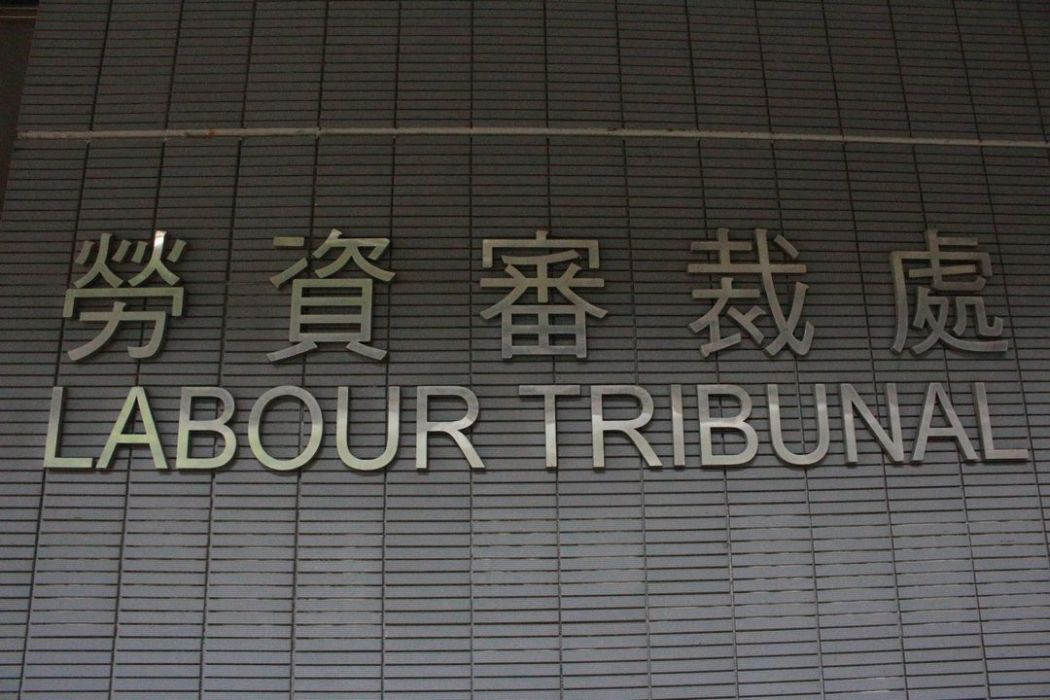The High Court has ruled that migrant workers seeking compensation at the Labour Tribunal may appear by video in court, even if they have left Hong Kong.
In a case lodged in 2016, migrant worker Mallorca Joenalyn Domingo sought compensation at the tribunal from her employer. Domingo alleged that she was physically assaulted and summarily dismissed without proper grounds. She then asked for compensation of HK$12,230.33 plus ongoing expenses.
However, Domingo was forced to return to the Philippines to care for a parent who suddenly fell gravely ill. Last year, The tribunal’s presiding officer rejected Domingo’s application to appear via video link, and her case was not heard. The tribunal does not allow lawyers to represent claimants and workers must therefore show up in person.

Although the District Court and the High Court allow video links to be used in hearings, Domingo’s request was the first ever at the tribunal.
Domingo took the case to the High Court. In a decision handed down last Thursday, Madam Justice Bebe Chu ruled that the requirement for allowing video links should not be high. She overturned the tribunal’s decision.
Chu said that the tribunal’s presiding officer made an incorrect decision in his exercise of discretion: “[I]t had not achieved a just result and did not secure or promote convenience and expedition and efficiency in the administration of justice.”
She said Domingo was entitled to bring proceedings in the Hong Kong jurisdiction to protect her civil rights.
“[W]ithout being allowed to give evidence or be present through video link, it could mean that [Domingo] would be deprived of a fair and public hearing, or the chance to proceed with her claim for what was her entitlement under her contract of employment,” Chu wrote.
The tribunal will have to hear her case with a different presiding officer.

According to Justice Without Borders (JWB), a regional charity which assisted Domingo, the tribunal is the most common venue for migrant workers to bring claims ranging from unpaid wages to unfair dismissal.
JWB said the decision had “major implications” for migrant domestic workers who cannot remain in Hong Kong and can only pursue their claims from home. It said another case handled by JWB was pending the outcome of Domingo’s request to use video links.
“This decision is a key victory for migrant workers in Hong Kong,” said JWB Executive Director Douglas MacLean. “For far too long, going home has meant going without. The court’s judgment rightly protects access to justice for many migrant workers who cannot return to Hong Kong to pursue their claims.”
Correction: The previous version of this article stated that Domingo asked for asked for compensation between HK$12,000 and HK$150,000. It should be compensation of HK$12,230.33 plus ongoing expenses.
